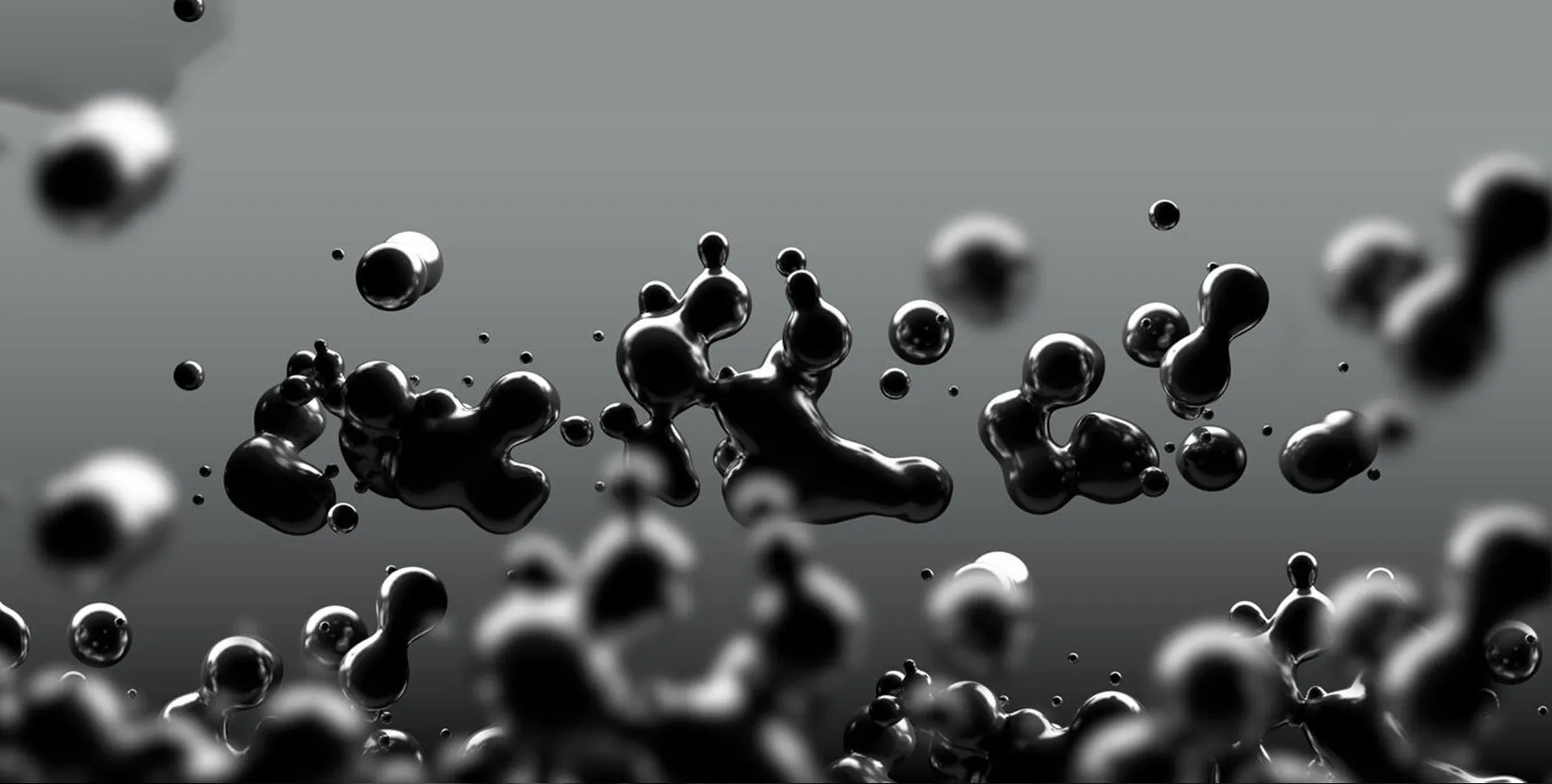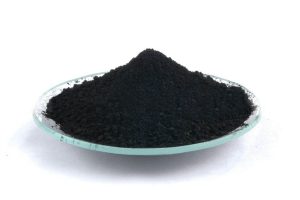
What are the functions of carbon black in building materials?
2024-05-21
Carbon black is a versatile material that plays a crucial role in various industries, including building materials. It is a fine powder composed primarily of elemental carbon, produced by the incomplete combustion or thermal decomposition of hydrocarbons. In the construction sector, carbon black offers numerous benefits, making it an essential additive in various building materials.
Importance of Carbon Black in Building Materials
Carbon black is widely used in building materials due to its unique properties and functionalities. Its addition enhances the performance and durability of different construction products, ensuring they meet the stringent requirements of modern infrastructure.
Physical and Chemical Properties of Carbon Black
Particle Size and Surface Area: Carbon black particles are extremely small, typically ranging from 10 to 500 nanometers in size. The high surface area-to-volume ratio provides excellent reinforcement and improves mechanical properties.
Conductivity and UV Resistance: Carbon black exhibits good electrical conductivity, making it suitable for applications requiring static dissipation or electrostatic discharge protection. Additionally, it offers exceptional resistance to ultraviolet (UV) radiation, protecting the underlying materials from degradation caused by sunlight exposure.
Color and Tinting Strength: Carbon black possesses strong light-absorbing properties and imparts a deep black color to building materials. It is widely used as a pigment in paints, coatings, and other applications where intense coloration and high tinting strength are desired.
Functions of Carbon Black in Building Materials
Reinforcing Agent in Rubber-Based Materials: Carbon black is extensively utilized as a reinforcing agent in rubber-based materials such as tires, gaskets, seals, and conveyor belts. Its incorporation helps improve tensile strength, tear resistance, and abrasion resistance, significantly enhancing the overall durability and lifespan of these products.
Enhancing Durability and Weather Resistance: In building materials like concrete, carbon black helps enhance their durability and resistance to environmental factors. It reduces water permeability, increasing resistance to cracking and deterioration caused by freeze-thaw cycles and chemical attacks. Carbon black also improves the resistance of roofing materials to weathering, ensuring long-term performance and protection against UV radiation.
Improving Electrical Conductivity: Carbon black's conductive properties make it an ideal additive in electrical applications. It is commonly used in insulating materials, cables, and wires to enhance electrical conductivity, minimize power losses, and ensure safe and efficient transmission of electricity.
Providing UV Protection: Ultraviolet radiation can cause significant damage to building materials, leading to discoloration, degradation, and reduced lifespan. Carbon black's ability to absorb UV rays helps protect materials such as plastics, paints, and coatings from UV-induced degradation, preserving their appearance and performance over time.
Enhancing Color and Aesthetics: Carbon black's intense black color makes it a popular pigment for various building materials, including paints, coatings, and plastics. It provides depth and richness to colors while increasing opacity and hiding power. Additionally, carbon black can be modified with surface treatments to achieve specific shades and effects, offering versatility and customization options.
Applications of Carbon Black in Building Materials
Concrete and Cement Products: Carbon black is used in the production of concrete and cement-based products such as paving blocks, precast elements, and admixtures. It improves the mechanical properties, durability, and UV resistance of these materials, ensuring long-lasting and aesthetically pleasing structures.
Roofing Materials: In roofing membranes, carbon black enhances UV resistance, flexibility, and weatherability. It prevents premature aging and degradation, extending the lifespan of roofs and improving energy efficiency by reducing heat absorption.
Paints and Coatings: Carbon black is a common pigment in architectural coatings, providing intense and stable coloration. It enhances the UV resistance, weatherability, and durability of paints, ensuring vibrant and long-lasting finishes on buildings.
Insulation Materials: Carbon black is incorporated into insulation materials like foam panels and pipe insulation to enhance thermal conductivity, electrical resistivity, and fire resistance. It contributes to the energy efficiency and safety of buildings.
Carbon black plays a significant role in the construction industry by enhancing the performance, durability, and aesthetics of building materials. Its functions as a reinforcing agent, UV protector, colorant, and conductivity enhancer contribute to the overall quality and longevity of structures. As the industry continues to prioritize sustainability, efforts should be directed toward minimizing environmental impacts and exploring greener alternatives in carbon black production and usage.
Excellent Carbon black factory
If you want to get high-quality Carbon black but don’t know which one to choose, you might as well try DERY. As a professional Carbon black factory, DERY can provide you with high-quality products and services. Welcome to contact us for detailed ordering information and services!

